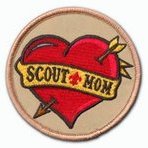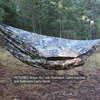Cub Scouts
For Cub Scout specific topics only.
3791 topics in this forum
-
- 17 replies
- 7.5k views
-
- 16 replies
- 5.6k views
-
- 22 replies
- 6.8k views
-
- 5 replies
- 4.1k views
-
- 30 replies
- 9.3k views
-
- 13 replies
- 3.7k views
-
- 5 replies
- 3.5k views
-
- 24 replies
- 10.4k views
-
- 7 replies
- 4.6k views
-
- 17 replies
- 6.1k views
-
- 12 replies
- 19.8k views
-
- 2 replies
- 2.4k views
-
- 3 replies
- 6.7k views
-
- 8 replies
- 5.1k views
-
- 12 replies
- 3.3k views












